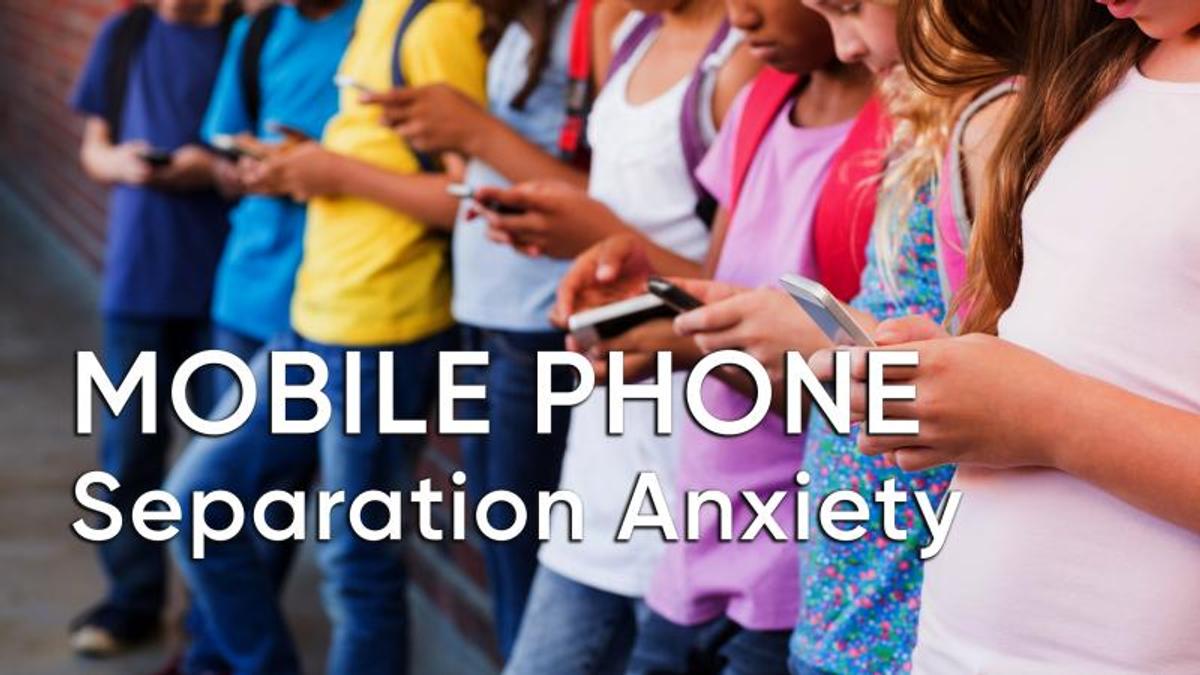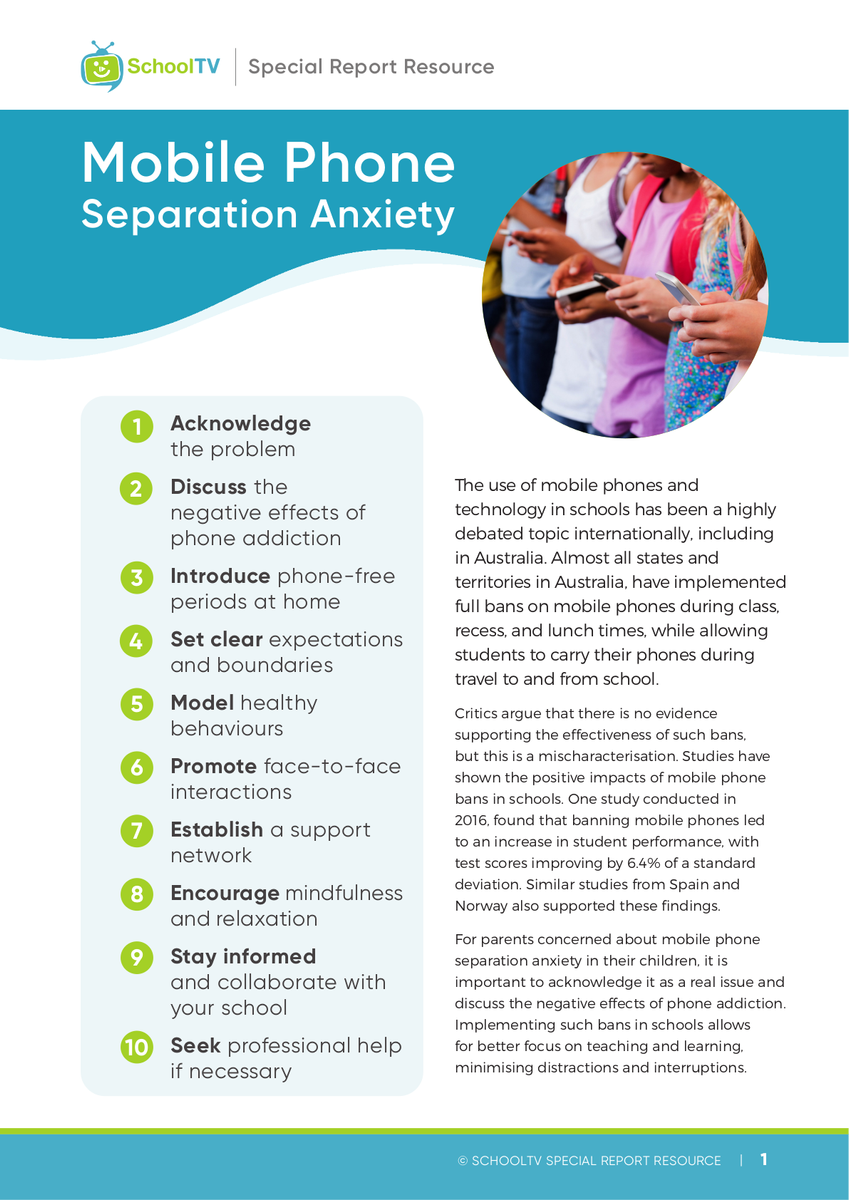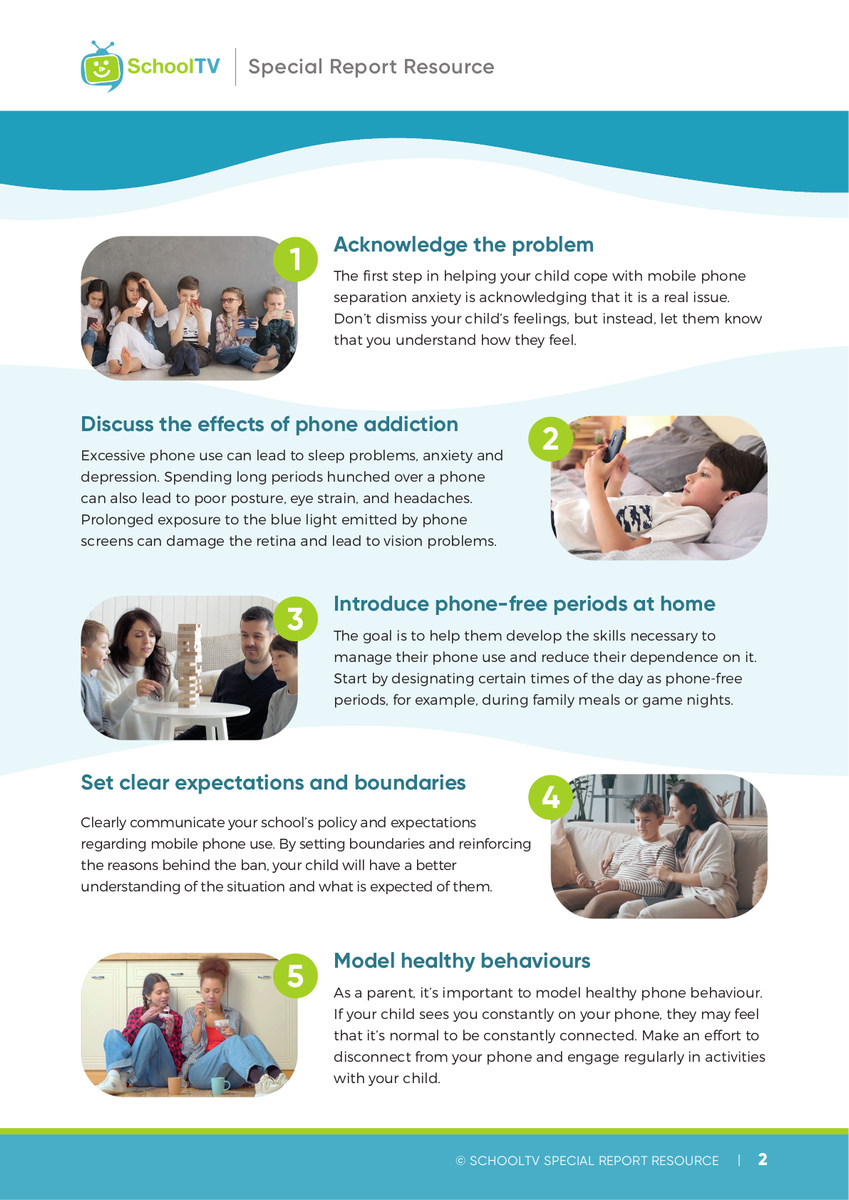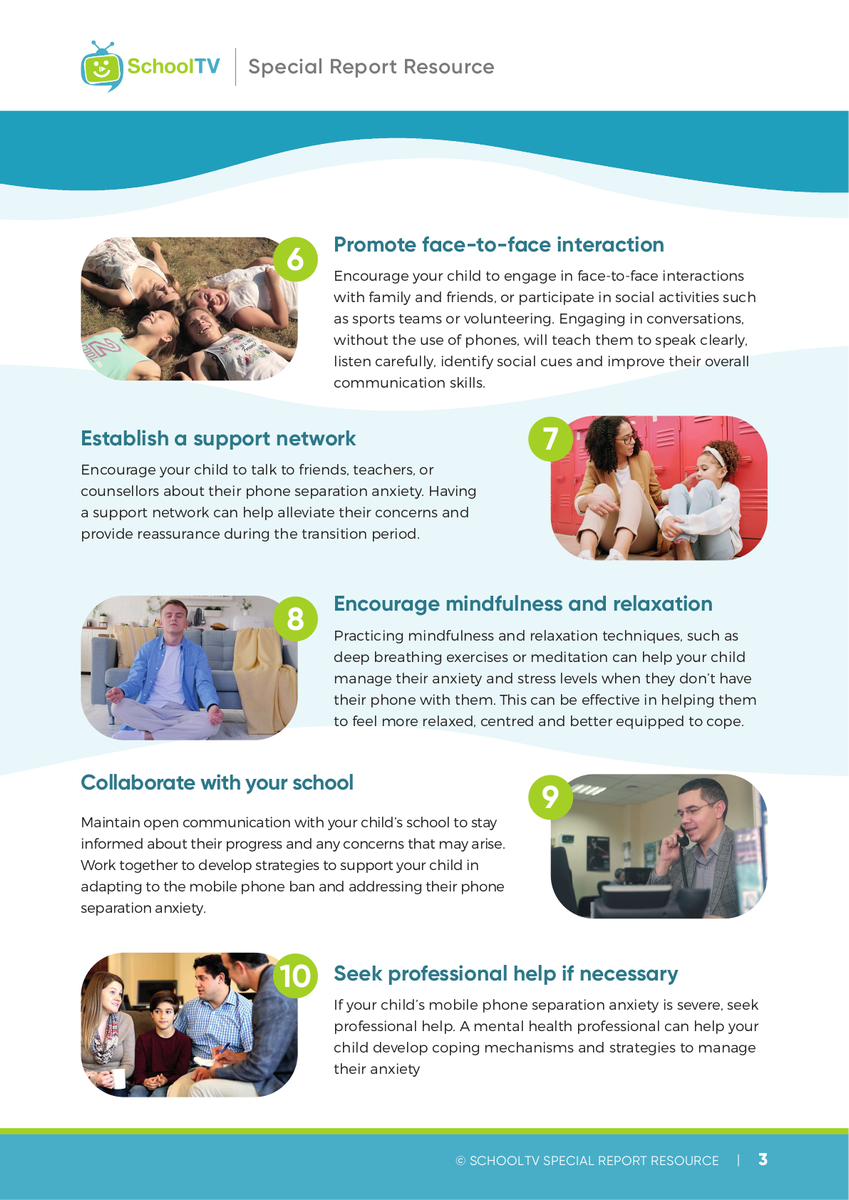From the Deputy Principal
Caroline Wilson-Haffenden

From the Deputy Principal
Caroline Wilson-Haffenden
Resilience and wellbeing are key factors to ensure a happy and fulfilling future for our young people. This year we have again chosen to partner with Resilient Youth Australia who have surveyed more than 350,000 Australian school students in recent years.
We will administer the online Youth Resilient Survey to Year 7 to 10 students during class time over the next week. The survey should typically take 20-25 minutes to complete, and the data will be reported in aggregate descriptive form only, by year level.
Participation in the survey is completely voluntary and anonymous, and no individual student responses can be identified. The survey collects the self-reported resilience and wellbeing of students and will provide valuable information to assist us in creating and maintaining the best culture of wellbeing and resilience that we can.
The SchoolTV platform provides an extensive range of wellbeing resources for parents, carers and educators. The latest report addresses the topic of Mobile Phone Separation Anxiety, linked here.


The use of mobile phones and technology in schools has been a highly debated topic internationally, including in Australia. Almost all states and territories in Australia have implemented full bans on mobile phones during class, recess and lunch times, while allowing students to carry their phones during travel to and from school. At last week’s Senior School Assembly students were reminded of the College’s mobile phone guidelines which were also communicated in last fortnight's Fountain newsletter.
Studies have shown the positive impacts of mobile phone bans in schools. One study conducted in 2016 found that banning mobile phones led to an increase in student performance, with test scores improving by 6.4 per cent of a standard deviation. Similar studies from Spain and Norway also supported these findings.
For parents concerned about mobile phone separation anxiety in their children, it is important to acknowledge it as a real issue and discuss the negative effects of phone addiction, such as sleep problems and mental health issues. Gradually introducing phone-free periods at home, setting clear expectations and boundaries, and modelling healthy behaviours can help your child cope. It is also crucial to establish a support network and seek professional help if needed. Implementing mobile phone bans in schools allows for better focus on teaching and learning, minimising distractions and interruptions.
School TV’s Special Report helps to address mobile phone separation anxiety and provide guidance on supporting your child’s wellbeing during this transition period. Parents and carers can find detailed information in the flyers below.






In the coming weeks, the Year 10, 11 and 12 students will undertake exams. For most students, exam stress is inevitable. In dealing with this reality, setting a schedule is vitally important.
The SchoolTV platform provides many valuable tips for students so that they may meet the challenge of exam jitters. Visit the link below for the full list of resources:
https://smc.tas.schooltv.me/newsletter/exam-jitters


When it comes to productive study, sometimes less is often more. It is recommended that students hit the books in 50-minute stints, broken up by 15-minute breaks. Furthermore, the power of sleep cannot be underestimated. Physical exercise also has a very positive impact on mental wellbeing; eating helps to maintain concentration and the ability to stay focused on the task ahead.
I encourage parents, carers and students to visit this link to view a series of interviews with leading experts in response to the following questions.
Caroline Wilson-Haffenden
Deputy Principal